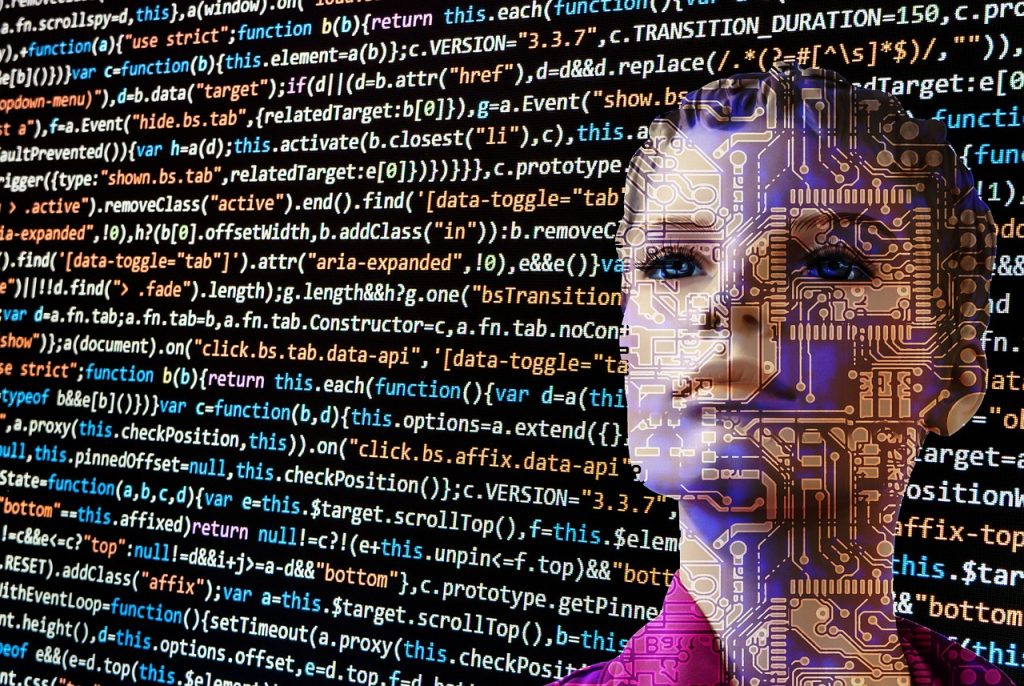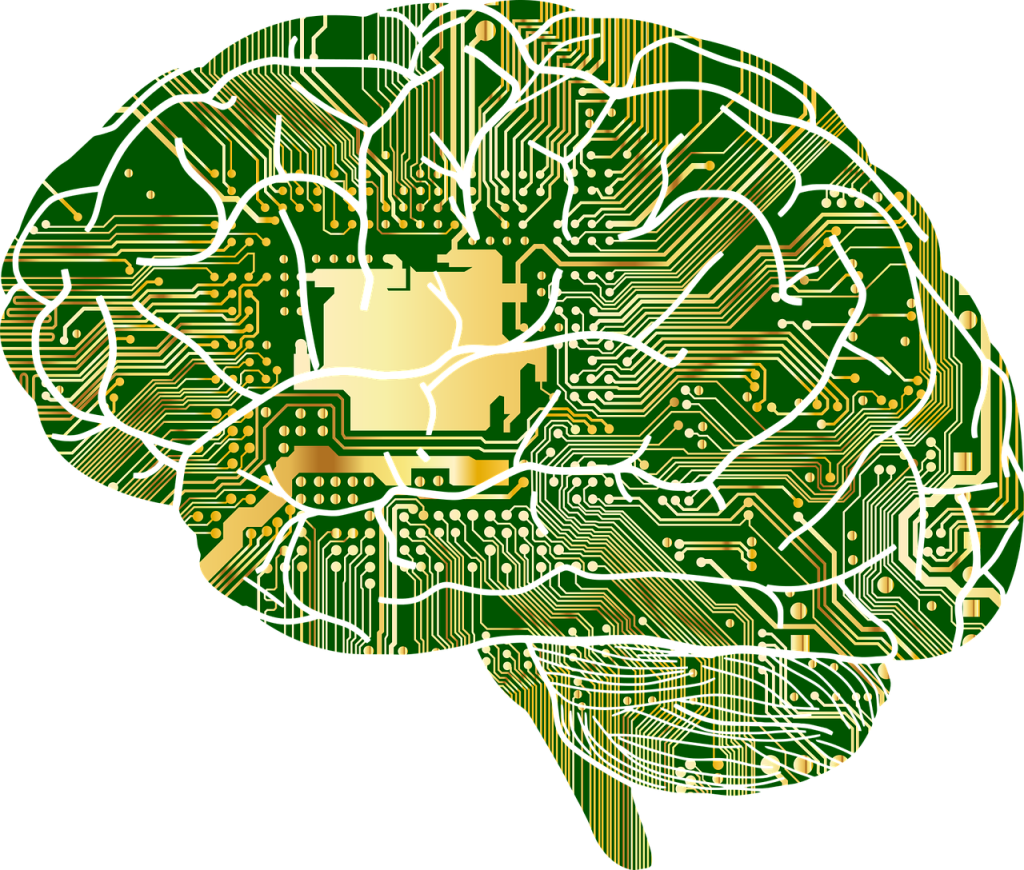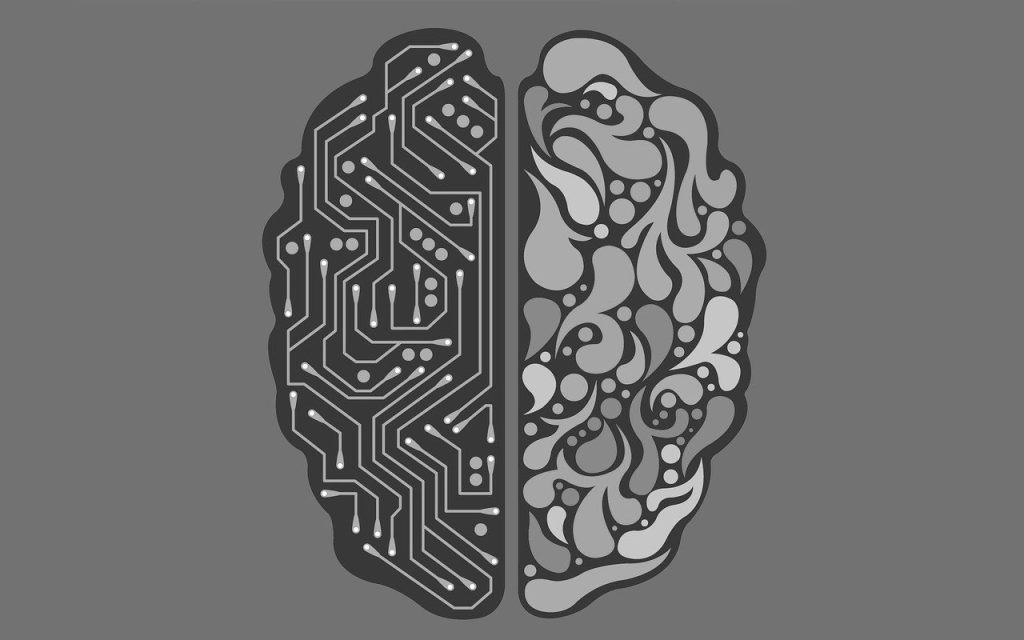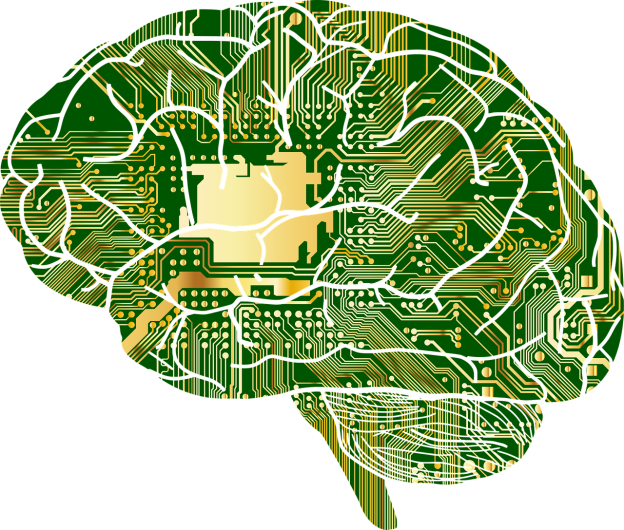So, you’ve heard the term “Artificial Intelligence” being thrown around a lot lately, but what does it actually mean? Well, imagine a world where machines are able to learn, reason, and perform tasks that would typically require human intelligence. That’s the essence of Artificial Intelligence – the ability of machines to mimic and imitate human cognitive functions. It’s like creating a virtual brain that can think, process information, and make decisions. One shining example of Artificial Intelligence in action is self-driving cars, where intelligent algorithms and sensors work together to navigate roads and make driving safer and more efficient. It’s just the tip of the iceberg when it comes to the potential of this technology. Curious? Let’s explore more about the fascinating world of AI together.
What is Artificial Intelligence?
Artificial Intelligence (AI) is a field of computer science that focuses on the development of intelligent machines capable of performing tasks that typically require human intelligence. AI involves the creation of algorithms and systems that can analyze data, learn from it, make decisions, and solve complex problems. This technology aims to simulate human thinking and behavior, enabling machines to perceive their environment, understand and interpret information, reason, and take appropriate actions.

This image is property of pixabay.com.
Definition of Artificial Intelligence
Artificial Intelligence can be defined as the branch of computer science that deals with the creation and development of intelligent machines that can perform tasks requiring human-like intelligence. AI systems are designed to learn from experience, adjust to new inputs, and perform tasks with minimal human intervention. These systems use various techniques such as machine learning, natural language processing, and computer vision to achieve their goals.
History of Artificial Intelligence
The history of Artificial Intelligence dates back to the mid-20th century when the concept of AI was first introduced. The field gained significant attention during the 1950s and 1960s when pioneers such as Alan Turing, John McCarthy, and Marvin Minsky made groundbreaking contributions. In 1950, Turing proposed the famous “Turing Test” to determine a machine’s ability to exhibit intelligent behavior indistinguishable from that of a human.
During the 1956 Dartmouth Conference, McCarthy coined the term “Artificial Intelligence” and organized a group of researchers to explore the possibilities of building intelligent machines. However, progress was sluggish in the following years, leading to what was known as the “AI Winter” during the 1970s and 1980s. It was not until the late 1990s and early 2000s that AI experienced a resurgence, thanks to advancements in computing power and the availability of large datasets.

This image is property of pixabay.com.
Types of Artificial Intelligence
Artificial Intelligence can be categorized into two main types: Narrow AI and General AI.
Narrow AI, also known as Weak AI, refers to systems designed to perform specific tasks within a defined set of parameters. Examples of narrow AI include voice assistants like Siri and Alexa, spam filters, and recommendation systems employed by online platforms. These systems can excel at their specific tasks but lack the ability to generalize their knowledge outside their narrow scope.
On the other hand, General AI, also known as Strong AI or AGI (Artificial General Intelligence), refers to AI systems with human-level intelligence across a wide range of domains. General AI possesses the ability to understand, learn, and apply knowledge to excel at various tasks, just like a human. However, achieving General AI remains a significant challenge and is an ongoing area of research.
Machines vs. Human Intelligence
While AI strives to replicate human-like intelligence, there are fundamental differences between machines and human intelligence. Machines possess immense computational power and the ability to process vast amounts of data at incredible speed, far surpassing human capacity. Moreover, machines excel at tasks that require precise calculations and have a lower margin of error compared to humans.
However, human intelligence possesses unique qualities that machines are yet to fully replicate. Human intelligence is deeply integrated with emotions, intuition, creativity, and common sense reasoning, allowing humans to excel at tasks involving complex social interactions, empathy, and moral judgment. While AI has made significant advancements, it still struggles to match the full spectrum of human intelligence.

This image is property of pixabay.com.
Applications of Artificial Intelligence
Artificial Intelligence finds its applications in various domains, revolutionizing industries and transforming the way we live and work. In healthcare, AI is employed for medical diagnosis, drug discovery, and personalized treatment. AI-driven robots and automation are enhancing manufacturing, reducing errors, and increasing efficiency. AI-powered chatbots enable personalized customer support, and AI algorithms optimize logistics and supply chain operations.
AI is also making significant strides in the fields of finance, marketing, transportation, agriculture, and cybersecurity, among others. In finance, AI algorithms analyze vast amounts of data to identify patterns, forecast market trends, and aid in investment decisions. In transportation, AI is driving the development of self-driving cars, improving road safety, and optimizing traffic control. These are just a few examples of how AI is transforming industries and improving our daily lives.
Limitations of Artificial Intelligence
While AI has made remarkable advancements, it still faces certain limitations. One of the primary challenges is the lack of interpretability and explainability in AI systems. Many AI algorithms, particularly those using deep learning techniques, operate as black boxes, making it difficult to understand how they arrived at a particular decision or recommendation. This lack of transparency raises concerns regarding the ethical and legal implications of using AI in critical domains like healthcare and finance.
Another challenge is the potential for bias and discrimination in AI systems. AI algorithms are trained on historical data, which might contain biases, leading to biased decisions that can perpetuate societal inequalities. It is crucial to address this issue and ensure fair and unbiased AI systems through careful data selection, preprocessing, and ongoing monitoring.

Ethical Implications of Artificial Intelligence
The rapid advancement of AI technology brings forth several ethical implications that need to be addressed. Privacy concerns arise as AI systems collect and analyze vast amounts of personal data, raising questions about data security, consent, and potential misuse. Additionally, the growing use of AI in autonomous weapons and surveillance raises concerns about the moral responsibility and accountability of AI systems.
Furthermore, the impact of AI on employment and the economy poses ethical challenges. While AI has the potential to automate repetitive tasks and increase productivity, it also raises concerns about unemployment and job displacement. Ensuring a just transition and retraining workers for the AI era becomes crucial.
Regulating AI and establishing ethical frameworks to govern its development and deployment is essential to prevent the misuse and unintended consequences of this technology. Transparency, fairness, accountability, and inclusivity should be central to ethical AI practices.
Artificial Intelligence in Popular Culture
Artificial Intelligence has long been a popular subject in books, movies, and television shows, captivating the imagination of people worldwide. From the classic novel “Frankenstein” by Mary Shelley, which explores the creation of an intelligent but monstrous being, to modern science fiction works like “Blade Runner” and “The Matrix,” AI often serves as a thought-provoking theme, questioning the nature of consciousness, the limits of technology, and the ethical implications of creating intelligent machines.

Current and Future Developments in Artificial Intelligence
AI continues to advance rapidly, with new developments and breakthroughs occurring regularly. One area of intensive research is in deep learning, which involves training neural networks with multiple layers to extract complex patterns from data. Reinforcement learning, a technique that enables AI systems to learn through trial and error, is also gaining momentum.
As AI progresses, there is a growing interest in tackling the challenges of achieving General AI. Researchers are exploring ways to develop AI systems capable of understanding and transferring knowledge across different domains, applying reasoning and common sense, and exhibiting adaptive and creative behavior. While achieving General AI remains a distant goal, incremental advancements in AI technology continue to shape our world.
Conclusion
Artificial Intelligence has come a long way since its inception, revolutionizing industries and impacting various aspects of our lives. From narrow AI systems that cater to specific tasks to the pursuit of General AI, the field of AI continues to evolve at a rapid pace. As AI becomes more prevalent, addressing its limitations, ethical implications, and ensuring responsible development and deployment become paramount. With careful consideration and ethical frameworks, AI has the potential to enhance our lives and create positive societal impact in the years to come.
